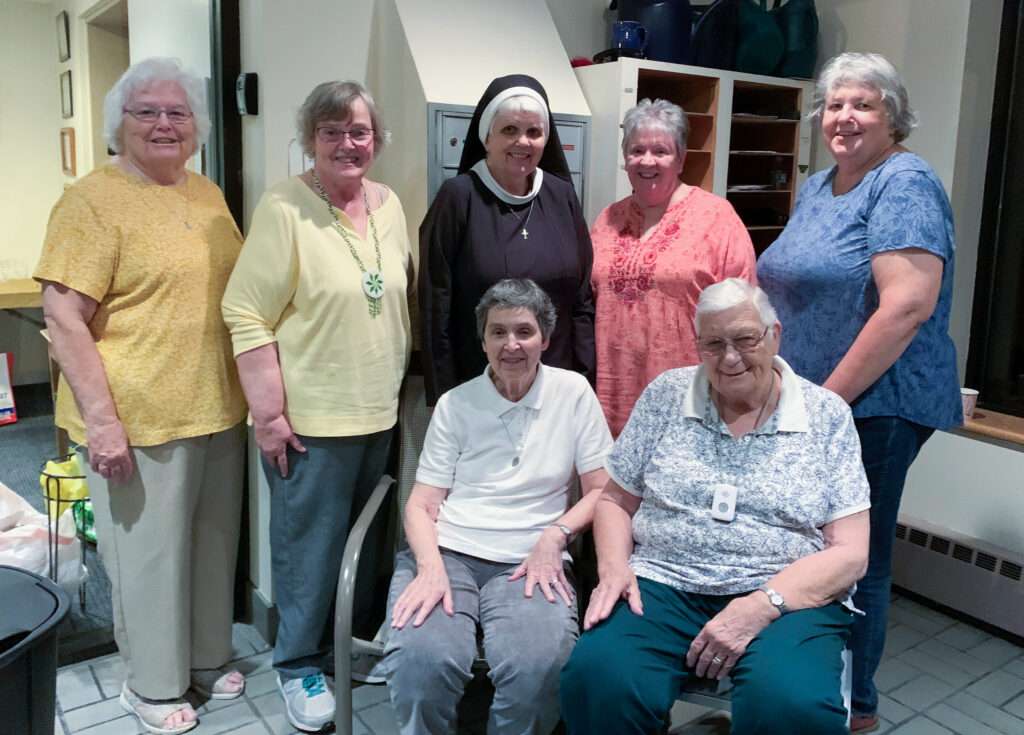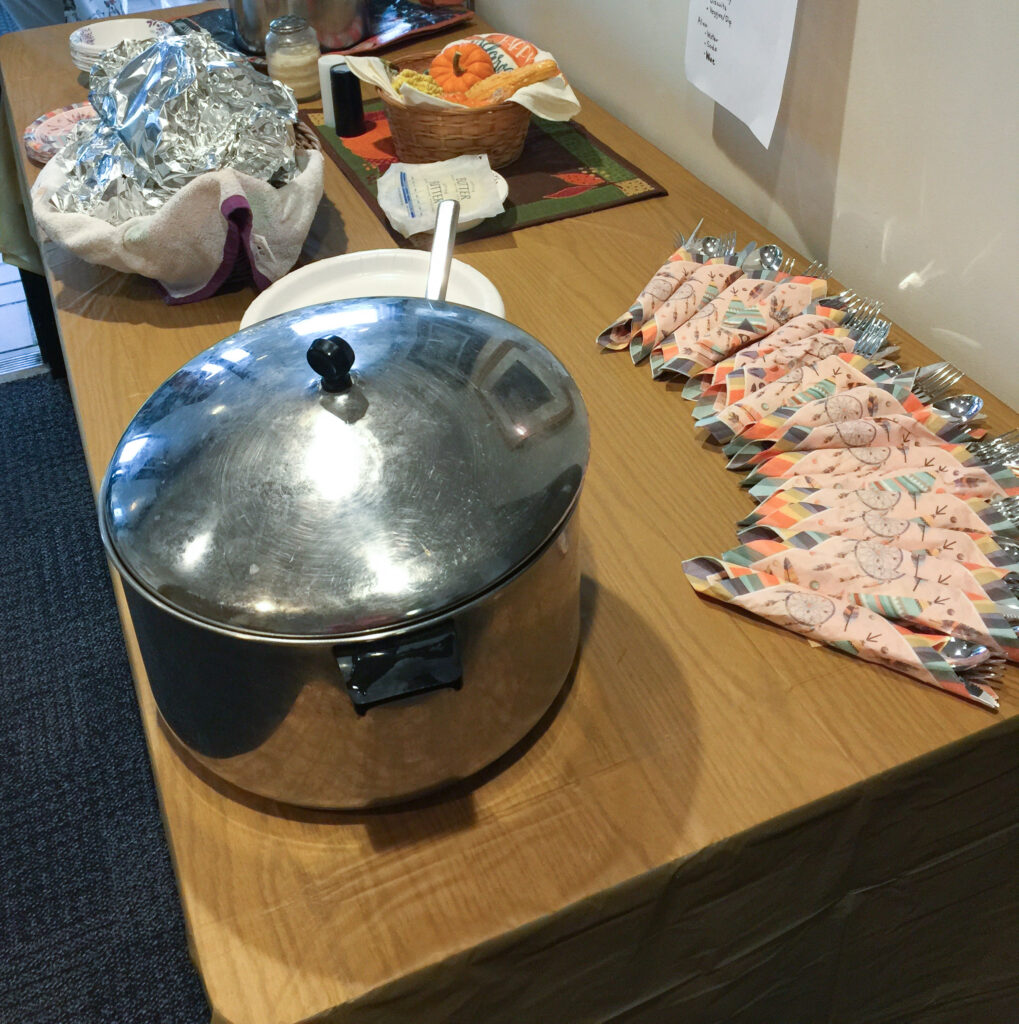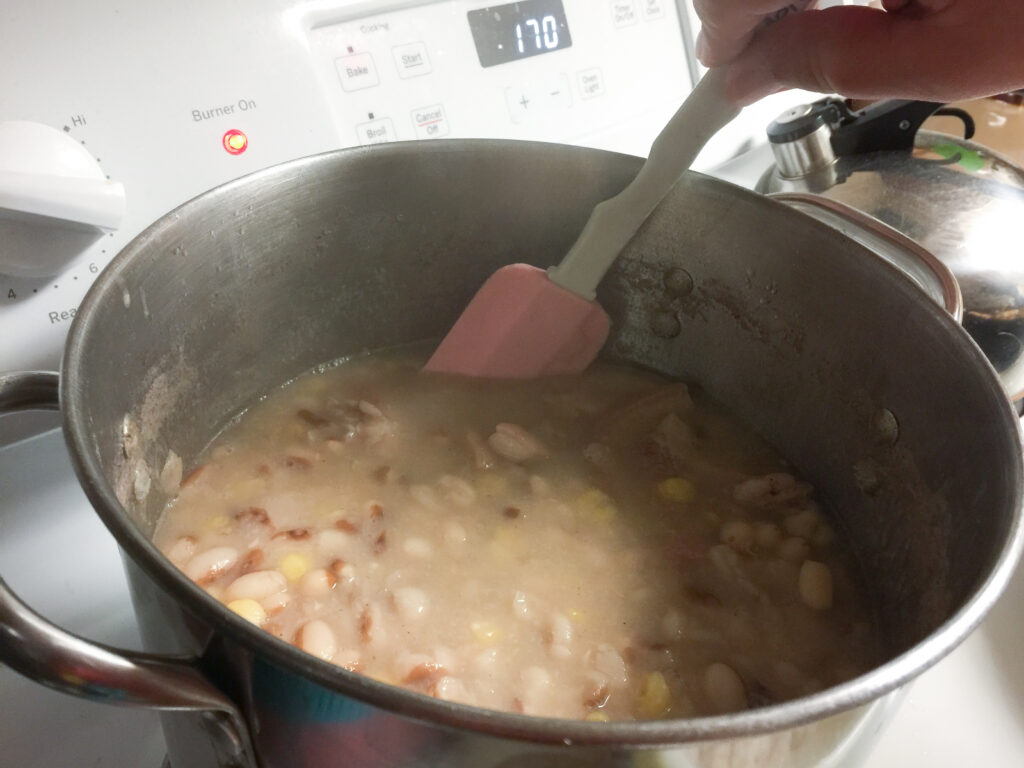Sisters who served Passamaquoddy and Penobscot Nations celebrate Indigenous Peoples’ Day
share
By Catherine Walsh
Sisters of Mercy in Portland, Maine, who have a storied history of serving the Passamaquoddy and Penobscot Nations, held an Indigenous Peoples’ Day celebration on October 11.
Sixteen sisters attended the gathering, including seven of the nine sisters who previously ministered on the reservations. “It gave us a chance to reminisce and talk about how much we loved our time with the Indian people,” says Sister Ellen Turner, who walked with the Passamaquoddy for 11 years as a teacher and principal and took photos at the party.

Sisters of Mercy began serving Maine’s indigenous people in 1878, when Frances Warde came by canoe to Indian Island, home of the Penobscots, to open a mission. Dozens of sisters have served the state’s native people ever since, as educators, nurses and pastoral associates, including Sister Carol LeTourneau, who is in her 44th year of ministry with the Passamaquoddy in Indian Township. Over the years, many people on the reservations named their babies after sisters, especially sister-nurses.
Holding an Indigenous Peoples’ Day party felt like a natural thing to do, says Sister Maureen Wallace, who was a teacher and principal with the Passamaquoddy for 31 years. She notes that Maine’s native people have long celebrated “Indian Day” on or near the Columbus Day holiday, which this year was co-designated as Indigenous Peoples’ Day by President Joe Biden.
“We had loved being part of the Indian Day celebrations and thought it would be fun to hold one of our own,” says Sister Maureen, who planned the event at St. Catherine’s Residence with Sister Carol LaChance, who had served with the Passamaquoddy as a teacher for 10 years, and Sister Mary Fasulo.
A video of the Lord’s Prayer in the Passamaquoddy Maliseet language opened the gathering, followed by a drumming video by the Wabanaki Singers of Maine.

“I shared that the drumbeat is very special to me, for when I hear it, I hear the heart of the nation,” continues Sister Maureen, her voice charged with emotion. She also told sisters that when her mother, a frequent visitor to the reservation, passed away in 1999, several Passamaquoddy tribal members drove over 200 miles to the funeral, where they drummed and sang an honor song.
But the mood was mostly light at the party as sisters enjoyed such Passamaquoddy treats as hull corn bean soup, Tomasis bread (made with flour, salt, sugar, and water) and molasses cake, as well as American options like chop suey. Sister Miriam Therese Callnan won a dream catcher as a door prize.
Sister Pat Mooney, who ministered among the Penobscot people as a teacher from 1973 to 1976, wore a beaded necklace to the party that she had made with the help of native teachers. “I loved every single second of those years!” she says. “The love of the Indian people for the sisters will always be with me.”

Seeing the warm reaction of Passamaquoddy friends on Facebook to the party photos was gratifying, says Sister Ellen. One of her former 4th-grade students—now a grandparent—was the first to respond. “She said, ‘Who cooked? Looks delish’ and put a heart next to her comment.”
Another woman—a close friend of the sisters who gave them her grandmother’s recipes for the event—said simply, “Thank you for your service.”